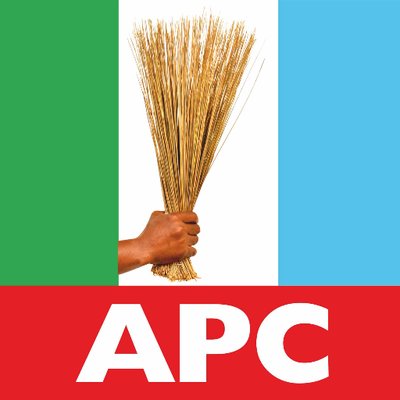The All Progressives Congress (APC) has launched a scathing attack on its main opposition, the Peoples Democratic Party (PDP), characterizing it as a dying political entity teetering on the brink of extinction due to its persistent internal leadership struggles. The APC’s National Publicity Director, Bala Ibrahim, delivered a blistering critique, asserting that the PDP’s 16-year reign left Nigeria riddled with corruption and mismanagement, the effects of which the nation is still grappling with. Ibrahim derided the PDP’s current predicament as a source of amusement for the APC, portraying the opposition party’s internal squabbles as a consequence of its inherent inability to manage its affairs effectively. He went further to suggest that the PDP’s removal from power was a divine intervention, rescuing Nigeria from further deterioration. In a condescending tone, Ibrahim invited the PDP to enroll in the APC’s “Progressive Institute,” a supposed training ground for political acumen, seemingly implying that the opposition party lacks the basic skills of political maneuvering.
The APC spokesperson vehemently denied any involvement in the PDP’s internal crisis, dismissing allegations that the ruling party is orchestrating the opposition’s woes. Ibrahim challenged the accusers to identify any of the dissenting figures within the PDP who have links to the APC. He attributed the turmoil solely to the PDP’s internal dysfunction, emphasizing its apparent inability to administer itself effectively. This statement came in response to criticisms leveled against President Bola Tinubu’s administration, with some alleging the APC’s hand in the internal strife within the PDP and other opposition parties. Ibrahim countered these claims, questioning how the APC could be responsible for events unfolding at the PDP’s headquarters in Abuja, given the physical distance between the two parties’ offices. He underscored the absence of any known APC affiliations among the dissenting voices within the PDP, framing the crisis as a purely internal matter.
Concurrent with the APC’s pronouncements, a significant development unfolded within the PDP. Former Vice President Atiku Abubakar, a prominent figure within the party, was conspicuously absent from a crucial meeting of the North East zonal caucus held in Bauchi State. This gathering, convened to address reconciliation efforts and strategize for the party’s future, particularly the 2027 elections, highlighted the ongoing internal tensions and divisions within the PDP. The meeting was attended by key figures in the party’s North East zone, including the governors of Bauchi, Taraba, and Adamawa states, along with members of the PDP Reconciliation Committee and various elected officials from the region. Atiku’s absence from this pivotal meeting underscores the depth of the challenges confronting the PDP as it navigates its internal conflicts and attempts to chart a course forward.
The APC’s assertion that the PDP is on a path toward extinction reflects the ruling party’s perception of its rival’s weakened state. The PDP’s internal leadership crisis, coupled with the APC’s portrayal of its 16-year rule as a period of misgovernance, contributes to this narrative. The APC’s dismissive attitude towards the PDP’s struggles further underscores the perceived power imbalance between the two parties. The PDP’s internal divisions, evidenced by Atiku’s absence from the North East zonal meeting, provide further credence to the APC’s claims of a party in disarray.
The PDP’s challenges extend beyond internal leadership disputes. The party faces the daunting task of rebuilding its image after its time in power, which the APC has effectively framed as an era of corruption and mismanagement. This negative perception, coupled with the ongoing internal strife, poses a significant obstacle for the PDP as it seeks to regain public trust and electoral viability. The party’s ability to address these issues effectively will determine its future prospects.
The absence of Atiku Abubakar, a prominent figure within the PDP, from the strategic meeting in Bauchi raises further questions about the party’s unity and direction. Atiku’s non-attendance could be interpreted as a sign of his dissatisfaction with the current state of affairs within the party or a reflection of deeper divisions. Regardless of the specific reasons, his absence underscores the challenges the PDP faces in uniting its ranks and presenting a cohesive front. The meeting, intended to address reconciliation efforts and strategize for future elections, was attended by key figures from the North East zone, highlighting the importance of the region in the party’s overall strategy. However, Atiku’s absence casts a shadow over these efforts, raising doubts about the party’s ability to bridge internal divides and effectively chart a course forward. The PDP’s success in the 2027 elections and beyond hinges on its ability to resolve these internal conflicts and present a unified and compelling vision to the electorate.














